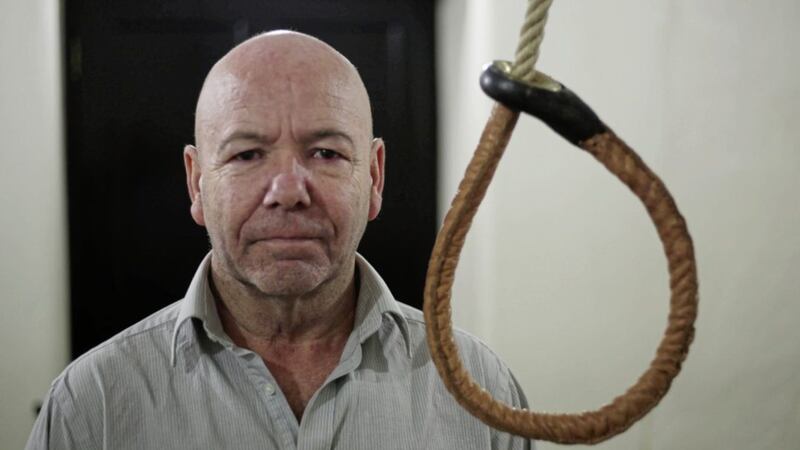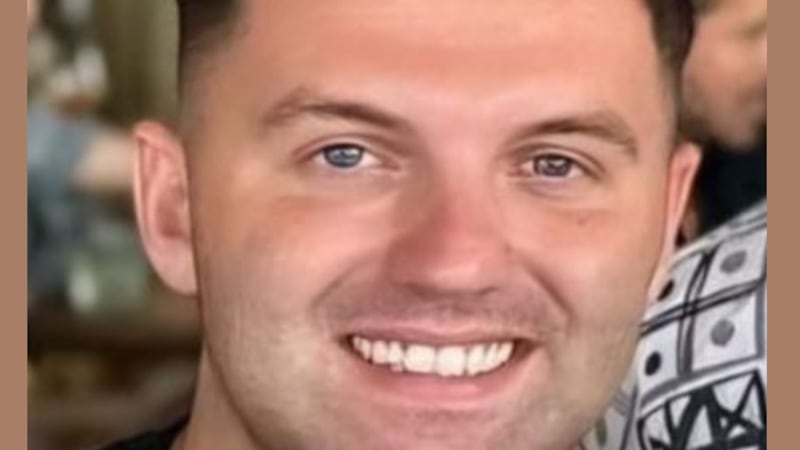A WEST Belfast man sentenced to death for the murder of a British soldier in 1972, has commenced a High Court action over claims that torture - including the controversial waterboarding technique - was used to extract a confession.
Liam Holden spent four weeks in the condemned cell awaiting execution in 1973 before his sentence was commuted to life imprisonment.
He subsequently spent 17 years in prison and a further 23 on licence. Mr Holden was the last person to be sentenced to death in the UK. The murder conviction was quashed by the Northern Ireland appeal court in June 2012.
As an 18-year-old in 1972, Mr Holden was convicted of the murder of Private Frank Bell, also 18, a member of the Parachute Regiment.
Private Bell was hit by a single bullet fired by a sniper on Belfast’s Springfield Road on September 17 1972 and died three days later in hospital.
The following month, Mr Holden was arrested at his home in the Whiterock area by the British army acting in the absence of the RUC.
Solicitor, Patricia Coyle, who acts for the Belfast man, said he was held illegally for more than six hours at the Blackmountain military barracks. During this time, Mr Holden said he was tortured by soldiers. This included pouring water over a cloth over his face (waterboarding), physical assault and threats to kill him. Mr Holden said this was all done to obtain a false confession.
Ms Coyle said: “The alleged confession to the murder of Private Frank Bell consisted of one paragraph. He was remanded in custody, prosecuted and tried before a jury for the offences of capital murder and possession of a firearm and ammunition at Belfast City Commission from 15th to 19th April 1973.”
He intends pursuing his allegations of torture through the High Court which has set aside two to three weeks to hear the case in June next year.
“This will be the first time in Northern Ireland in almost 50 years that a civil court has the opportunity to consider, conclude and make a finding that the British army used torture on a civilian in their sole custody in 1972. Such a finding in a civil court would be made on the balance of probability; in other words, that it is more likely than not that the torture occurred,” Ms Coyle said.







